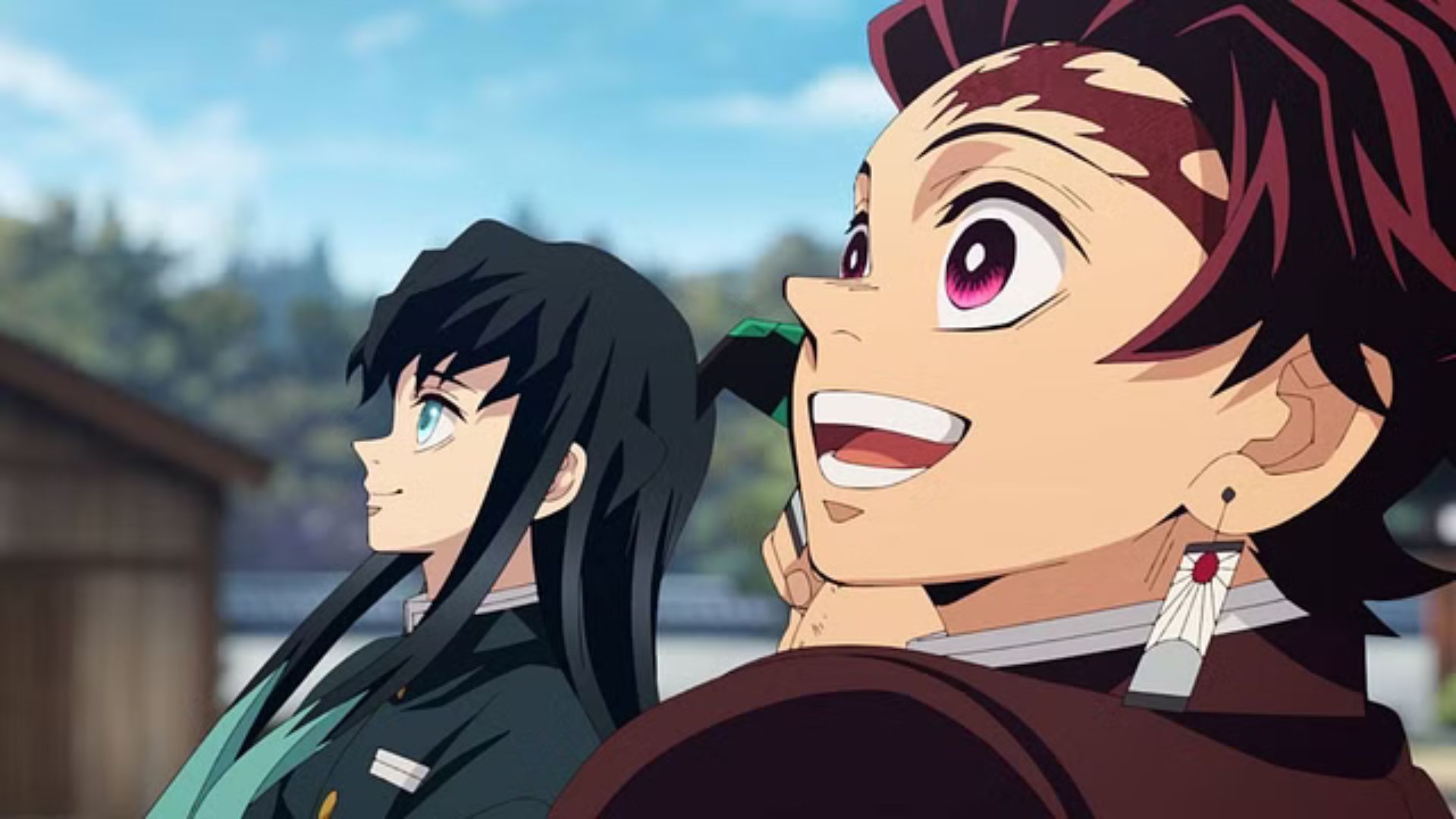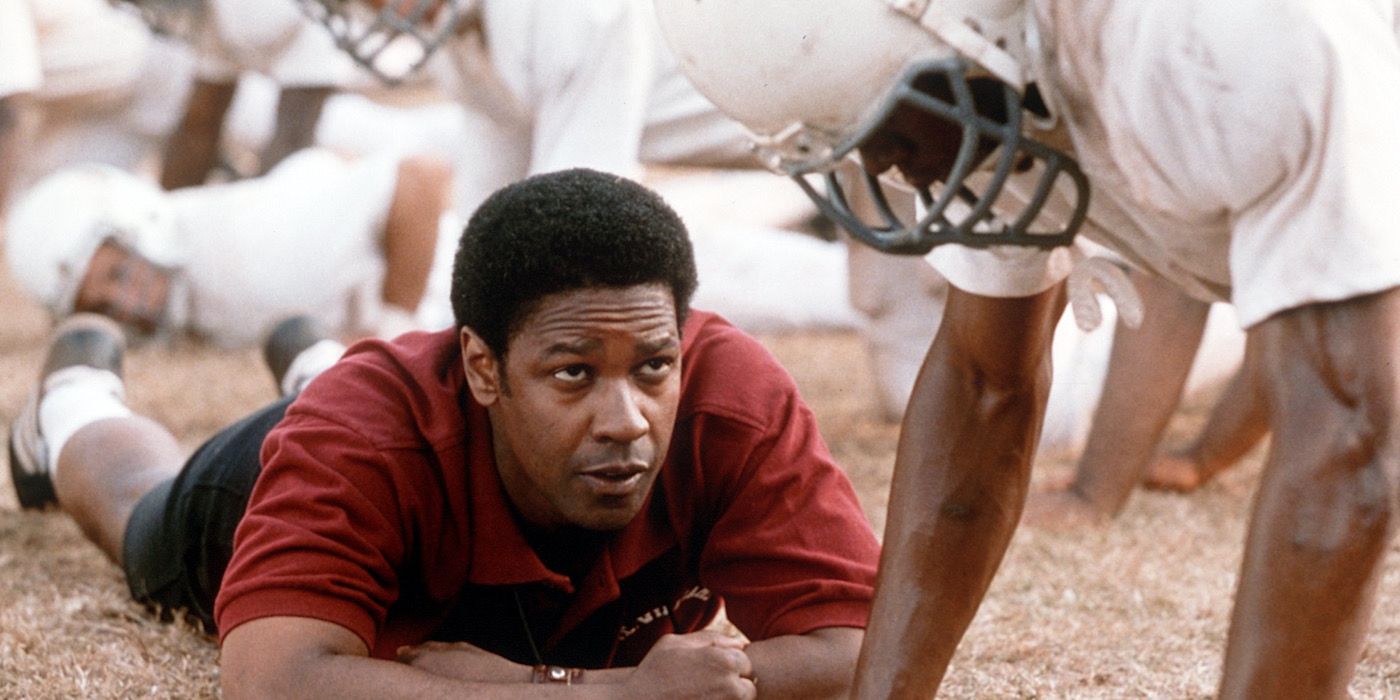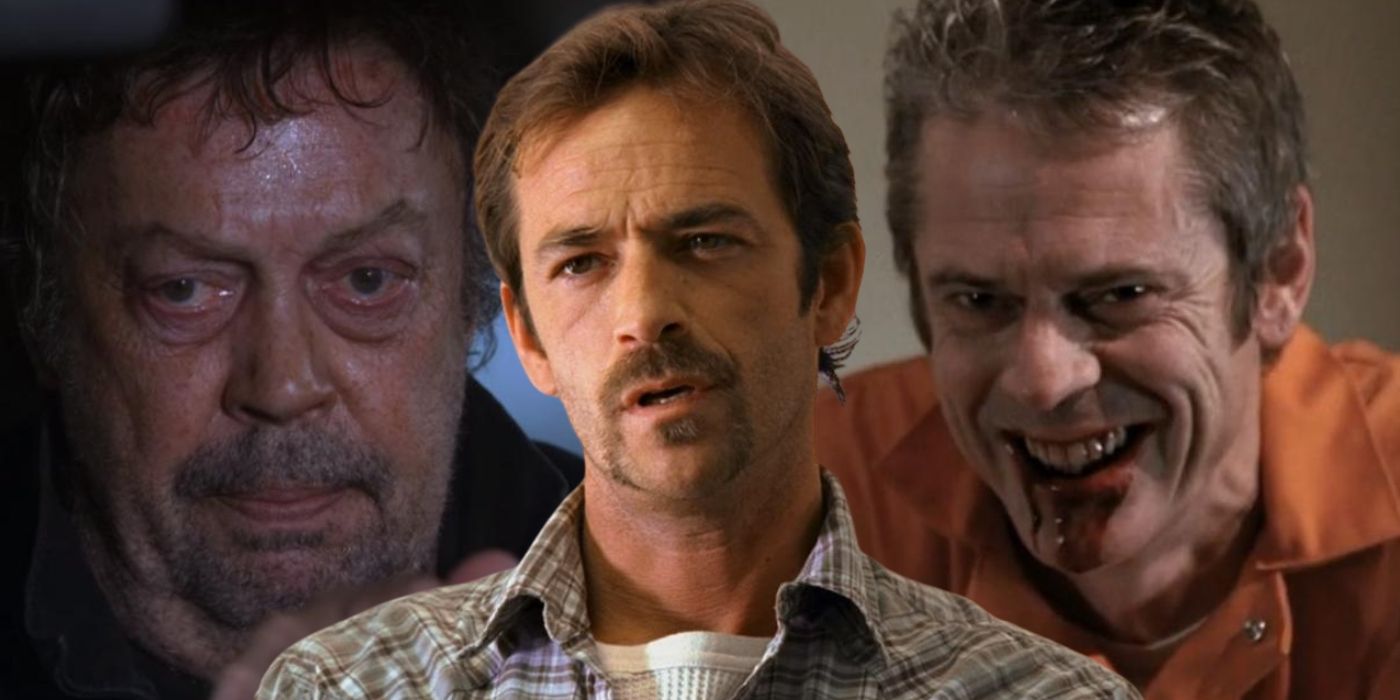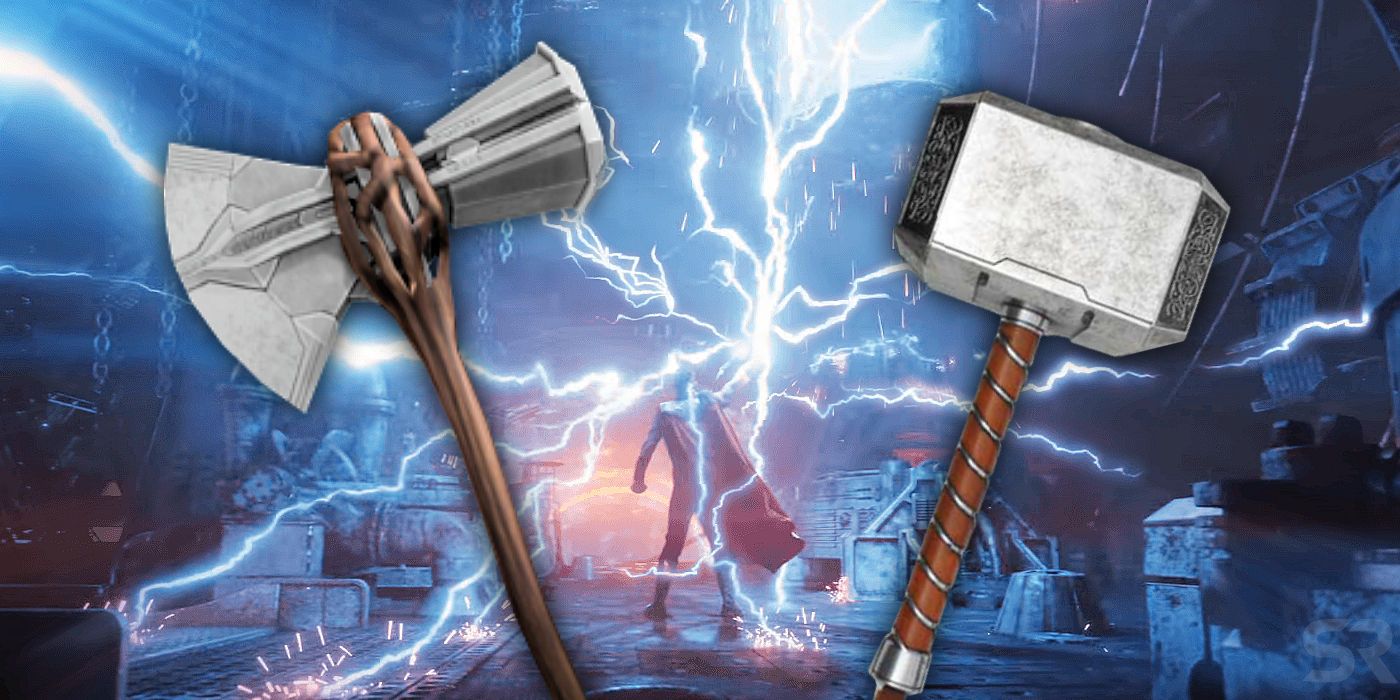Eager to build up its streaming service beyond the Taylor Sheridan and Star Trek universes, Paramount+ is turning to a classic for its latest original series. Grease: Rise of the Pink Ladies imagines what Rydell High looked like before Sandy and Danny’s romance swept through the school, and in the eyes of creator Annabel Oakes, it’s the birthplace of radical ideas (for the 1950s) and rollicking dance numbers. In some ways, the prequel series captures the spirit of the original Grease, though its more progressive storylines and casting decisions make its positioning in the franchise’s timeline a bit odd. Grease: Rise of the Pink Ladies doesn’t quite justify its existence, but those willing to give it a try will be rewarded with an entertaining ride.
Opening just as the fall 1954 semester gets underway, Grease: Rise of the Pink Ladies zeroes in on a quartet of girls stung by the patriarchal nature of Rydell. Perfect student Jane (Marisa Davila) has dreams of scoring a place on the student council alongside her Soc boyfriend Buddy (Jason Schmidt), but her plans are derailed when word gets out the two went all the way in Buddy’s car — except they didn’t. Olivia (Cheyenne Isabel Wells) is ostracized due to a rumored fling between herself and a Rydell teacher, while fashion-forward Nancy (Tricia Fukuhara) gets dumped by her friends when they get boyfriends. Finally, Cynthia (Ari Notartomaso) wants nothing more than to be a T-Bird, but the boys in the group refuse to let a girl into their ranks. Fed up with the social constructs that mock and demean them, the four unlikely friends team up to change the school and form its most notorious “girl gang.”
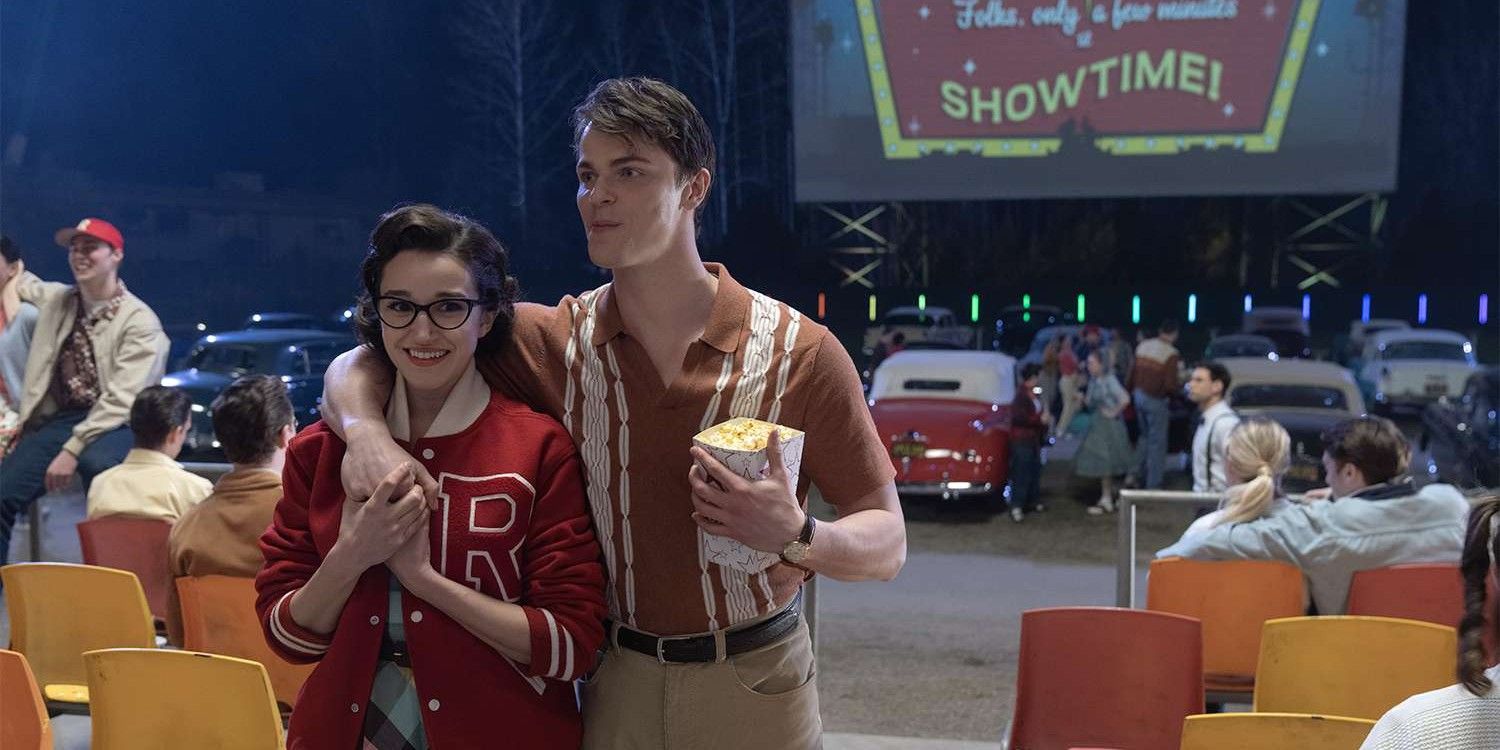
Grease: Rise of the Pink Ladies doesn’t waste much time establishing its connection to the original film. From an impressively staged rendition of the song “Grease” at the same drive-in Sandy stranded Danny to cameos from two characters from the movie itself (here, they’re in middle school), episode 1 firmly plants the prequel in Grease‘s musical world. Once the pilot concludes, Rise of the Pink Ladies strives to create its own identity, though the mannerisms of the ensemble cast, certain characters and dynamics, and the presence of Assistant Principal McGee (played here by a hilariously droll Jackie Hoffman) evoke feelings of the original without constantly planting Easter eggs. Rise of the Pink Ladies could’ve easily become a remake of Grease‘s biggest moments, but Oakes wisely paints a bigger picture of Rydell.
However, that doesn’t come without some unique challenges. It’s hard not to notice how the Rydell of 1954 is somehow more vibrant and diverse than the Rydell of 1958. That’s the result of Rise of the Pink Ladies being created in 2023, to be sure, but it does make a Grease prequel seem like an odd decision. Rise of the Pink Ladies is a busy show, tackling themes of racism, sexism, slut-shaming, cliques, and teenage rebellion sometimes all at once. With four episodes screened for this review, it remains to be seen how it will all come together, but the ball is rolling on numerous storylines, some of which are more intriguing than others. For example, a surprising friendship between Buddy and shy new girl Hazel (Shanel Bailey) makes for a sweet dynamic (if one that also evokes thoughts of High School Musical), whereas Nancy is the Pink Lady most under-served by the narrative, getting little shading to her character.
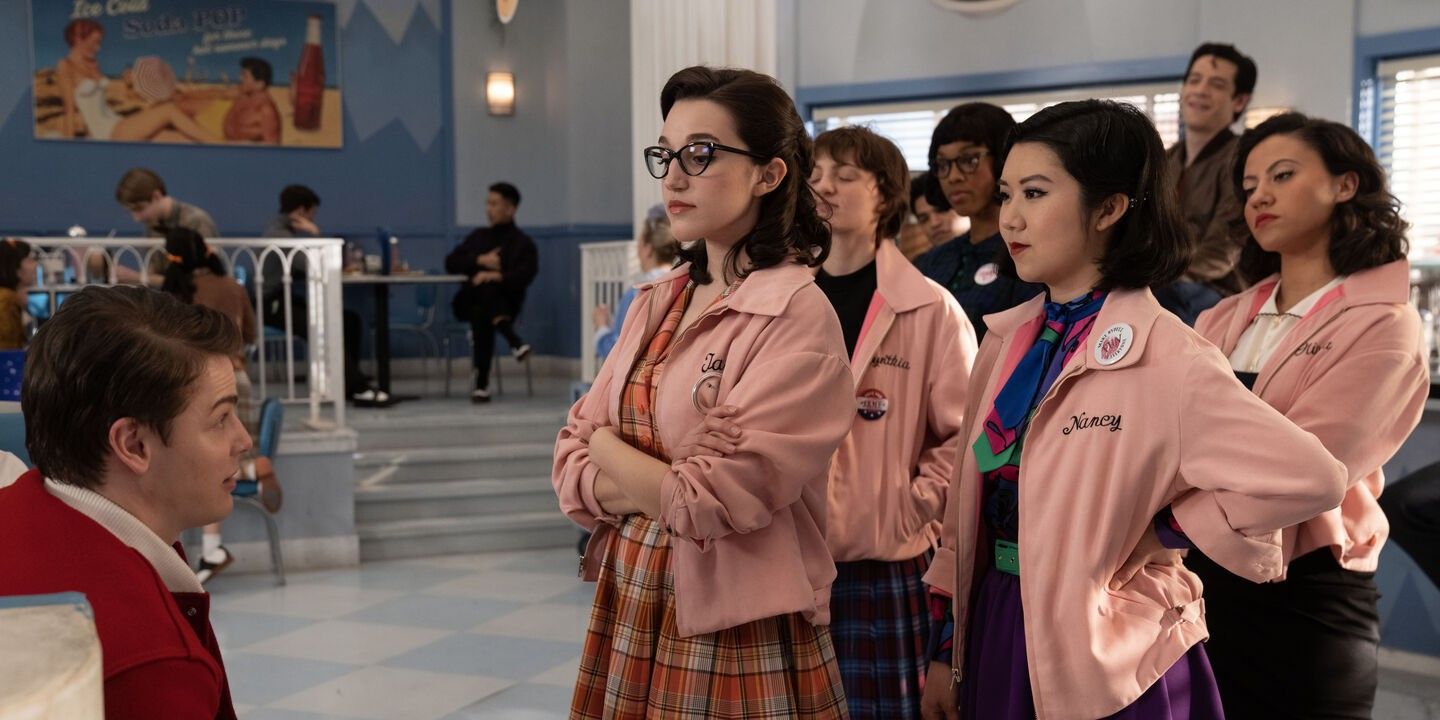
On one hand, this means that if one storyline or character does not connect, Grease: Rise of the Pink Ladies has several others waiting in the wings. It’s a jam-packed show, which can be somewhat detrimental to its overall goals. Oakes and the other writers have plenty to say about the oppressive values of the 1950s, though many of the points are ones that have been brought up by other shows and movies. Grease: Rise of the Pink Ladies isn’t saying anything new about these issues, though that isn’t necessarily a bad thing; at this point, it’s hard not to draw comparison to previous works. This then brings it all back to the main question of whether anyone was truly clamoring for a Grease prequel.
As it stands, though, Rise of the Pink Ladies offers plenty of enjoyment. The young ensemble consists of several talented performers, with Davila and Wells holding as the standouts so far. They both get multiple show-stopping numbers that bring depth to their characters and offer the performers a chance to show off their talents. Though introduced later, Bailey brings a sweet vulnerability to Hazel, and Schmidt makes Buddy more than a one-dimensional jock. Fukuhara excels at depicting Nancy’s dramatic mannerisms, and Notartomaso taps into Cynthia’s hidden insecurities as skillfully as she nails her comedic side. This is only scratching the surface of Grease: Rise of the Pink Ladies‘ cast, which also includes Johnathan Nieves as the Danny Zuko-esque Richie and Madison Thompson as “good” mean girl Susan.
Grease: Rise of the Pink Ladies is a blatant attempt at building upon a beloved piece of IP, but at least it is attempting to create something new. There’s plenty of charm, humor, and heart in the first four episodes, and choreographer Jamal Sims deserves special credit for bringing such energy to the show’s many musical numbers. Regardless of whether this is a show that needed to be made, Grease: Rise of the Pink Ladies is an entertaining trip into Rydell’s past, and one that deserves some credit for facing thorny topics head on.
The first two episodes of Grease: Rise of the Pink Ladies begin streaming on Paramount+ Thursday, April 6. The remaining eight episodes will be released weekly.
